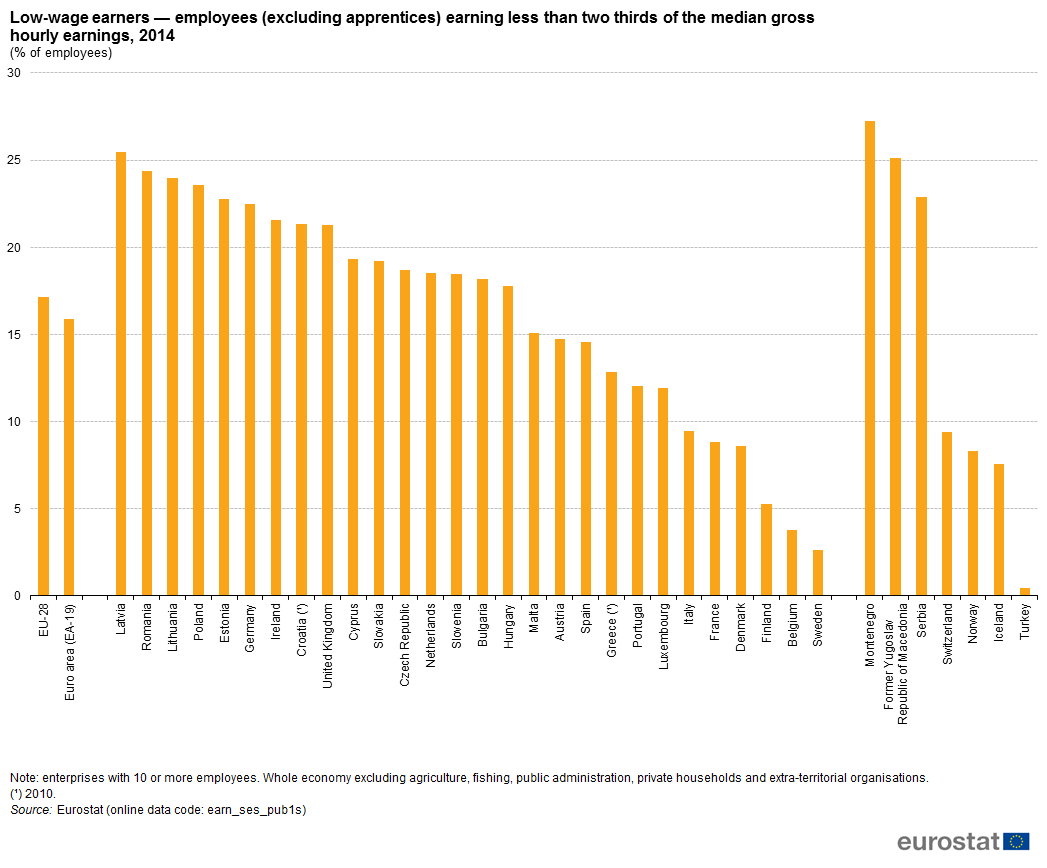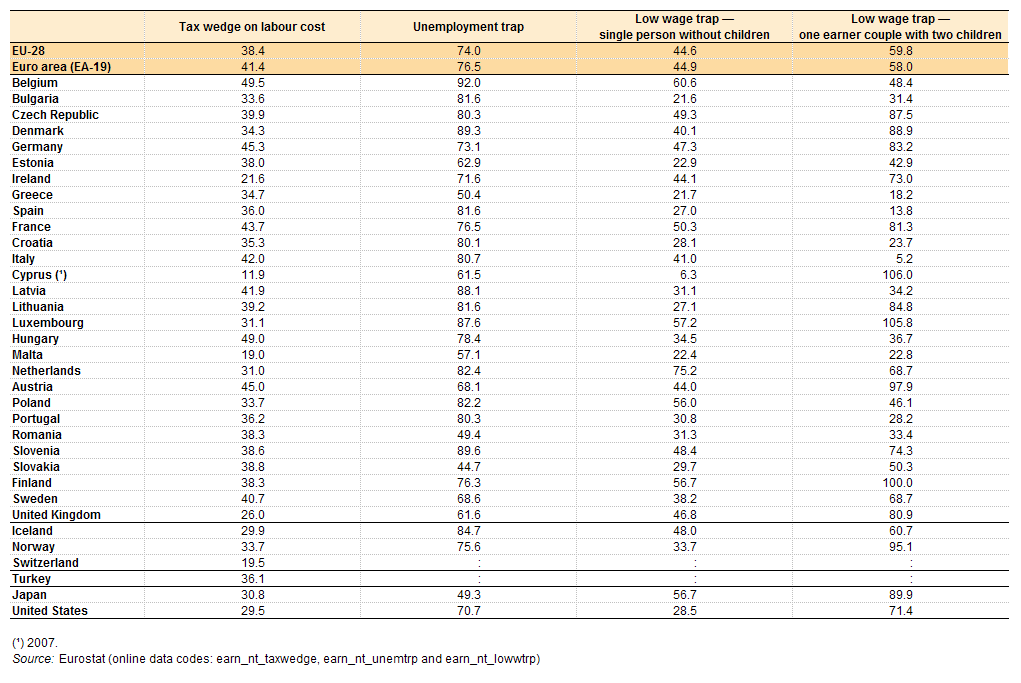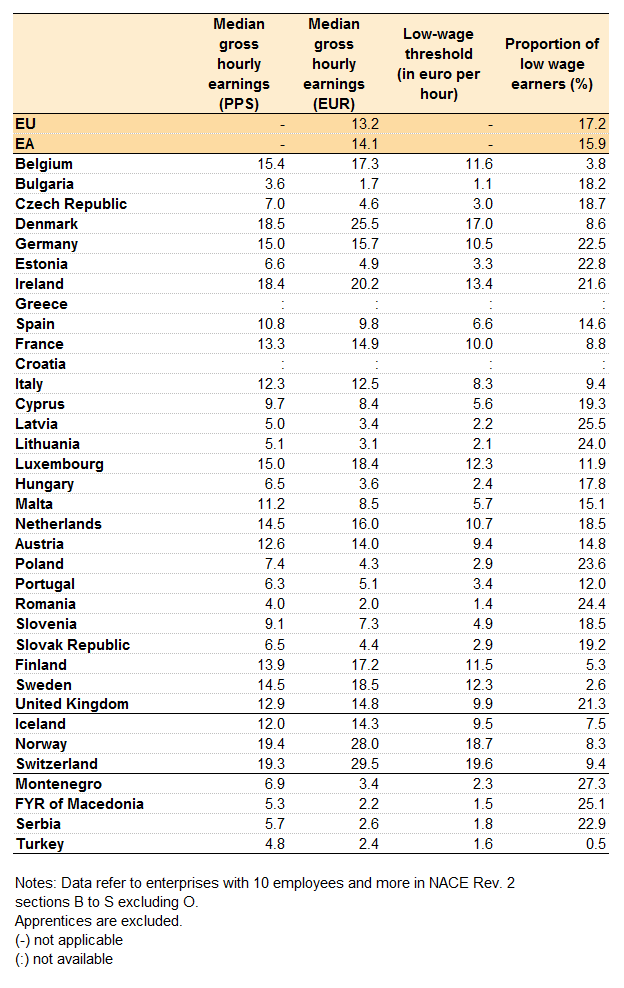You seem to think paying low skilled people more is a good thing. Why?
The same question can be asked of you though; why is low skilled people the same or less is an inherently good thing? But personally I think have the discussion this way is somewhat pointless, if you ask a few different people the question you'll get different answers, same as you do when you ask should we pay less, the same or more tax, should or shouldn't the government provide a health service etc. It tends to be based on subjective opinion rather than taking a look at the facts.
I think a more relevant and productive question, from a discussion point of view, is what do you think the minimum standard of living for Joe Public working a low skilled job should be, then go from there on where wages should be, what taxes should look like, how house prices should ideally look.
- Should Joe (or Jill) be able to support their spouse and say two kids on a single income to allow the kids to be raised by one of the parents? For me, ideally yes, certainly two parents commuting an hour each way and working 8 hours all their children's life is not leading to the best outcome for those childrens' interactions with society in future.
- Should Joe be able to purchase a home and expect to have it paid off by the time he reaches retirement? For me, yes.
- Should Joe be able to purchase a house in the capital city and have it paid off by the time he reaches retirement? Absolutely not for me.
- Should Joe only be able to afford a house 2 hours commute from his job? No for me.
- Should Joe be able to put a few quid aside beyond the state pension? For me, ideally yes.
- Should Joe be able to afford a family health insurance policy or is relying on the public system OK? For me probably not.
- Should Joe be able to afford to put away money to save for one budget family holiday a year, maybe to Spain or somewhere like that? For me yes.
- Should Joe be able to buy a brand new car every 3 years? For me no.
- Should Joe be able to build up a rainy day fund of 6 months income over a 5-10 year period. For me yes.
- Should Joe expect to see higher-skilled workers etc. driving around in nicer newer cars, living in the affluent city centre and earning multiples of his earnings because of that extra skill level? For me yes within reason.
Some of this is surely pie-in-the-sky, I get that, but I'd love to hear from those that think lower income earners should be paid less and contribute more tax, and whether they also feel that 'no' is the right answer to all those questions and are comfortable with that. Because with a median income of what, €25-28k, the answer will need to be no to most of the questions...



